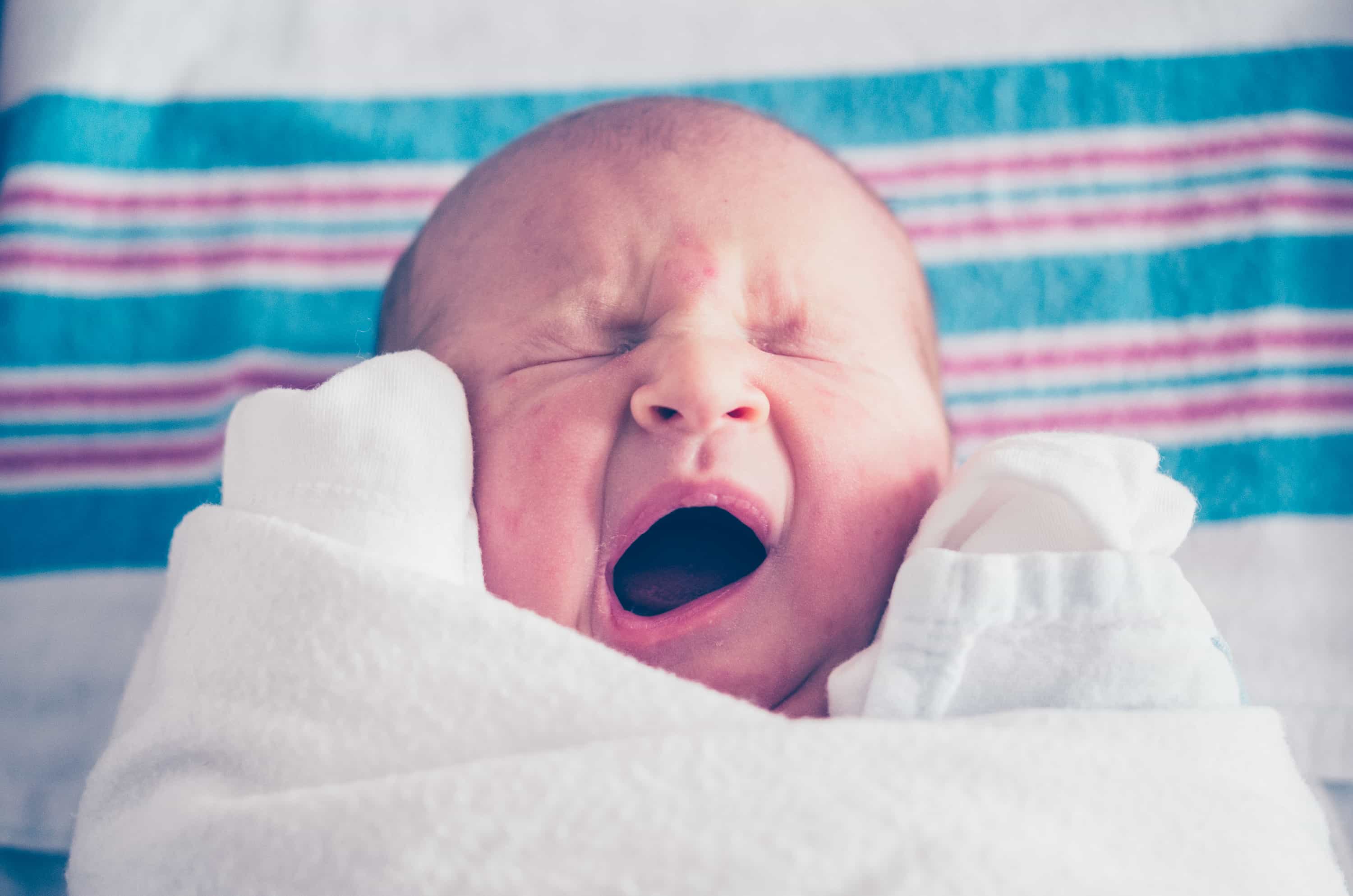Pregnant & postpartum moms Tips & tricks
Categories: Toolkit
You shouldn’t have to wait around for your doctor or someone in your family to guess that you might be depressed when you are pregnant or after having your baby. They may not recognize your symptoms if you are not open about it, even if you think it should be obvious. Depression is too important a problem to be ignored, so try the following if you suspect there is a problem:
- If you feel down or depressed, or if any other symptoms are getting to you, it doesn’t matter what your score is on the screen. Talk to someone you trust about it. See if you can come up with a plan for getting some advice and help.
- Be sure to talk to your doctor. A positive screen is not the same as a diagnosis. There may be other things going on that explain your symptoms. Your doctor can help you sort this out.
Doctors are familiar with all the services and people who are out there that are qualified to help. If you come to an agreement that something serious is going on, leave with a plan to get help. - Counseling with a qualified professional has the best research support as an effective treatment. Make sure you get cognitive behavioural therapy.
- If your doctor wants you to try medication, start with a low dose and taper up gradually.
If you are already taking antidepressant medication and it doesn’t seem to be working, talk to your doctor about what you might do to get better results. Adding some counseling would be a good option here, and is less likely to cause complications than a higher dose of your medication.
If you are getting counseling and it is not working out for you, talk to your doctor. Perhaps you should try medication. You need expert advice to make a decision like this.
Try and do one or all of the following while you work on things. The more you do the better you’ll feel:
- Exercise regularly. Get out for a walk with a friend, do some yoga for moms, or find another activity you like and do something physical every day. Exercise stimulates production of some important “feel good” chemistry plus it is a kind of cognitive therapy that can strengthen your defences against negative thoughts.
- Take some time to chat with someone each and every day, even if you feel like being alone. Conversation with other people tends to dial down the circuit that fuels depression.Eat well. Have a healthy breakfast, a light lunch, and a well rounded dinner.
- Avoid junk food. A healthy diet will help keep your sugars balanced, which will also help balance your mood.Make sure you are taking a supplement. If you are short of your daily requirement of vitamins and minerals it could be affecting your mood. Shortages in B vitamins, folate, and omega 3 can all contribute to depressed mood.
- If you smoke or drink coffee, tea or cola, cut back or even better, quit. Stimulants will make you anxious and add to complications if you are pregnant.
- Cut out alcohol if you are drinking. Alcohol is a depressant and is not safe for your baby.
Don’t just wait for something to happen, or for things to blow over. This is no time to be a hero or let your pride get in the way. Put your baby and your own well being first. You both deserve it.

